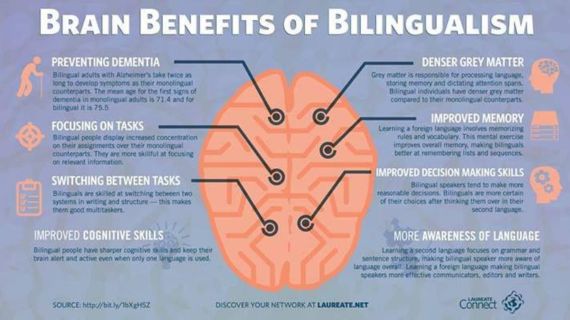Yes, from a perspective developed from extensive cross-disciplinary literature reviews and original quantitative research (Keeley, 2013, 2014) as well personal experience functioning in multiple and diverse languages in numerous domains, I argue that even when one learns an additional language as an adult it is possible to successfully speak with a native-like accent in the target language.
Success depends on many factors that vary over time and situations, so there is bound to be variation in how closely the adult learner/user passes for a native speaker at any given time. These factors interact with one another and are cognitive, sociological, psychological, and attitudinal in nature. Developing a flexible linguistic and cultural identity as well as high language ego permeability* are essential. In this blog I will discuss the factors which contribute to developing a native-like accent.




